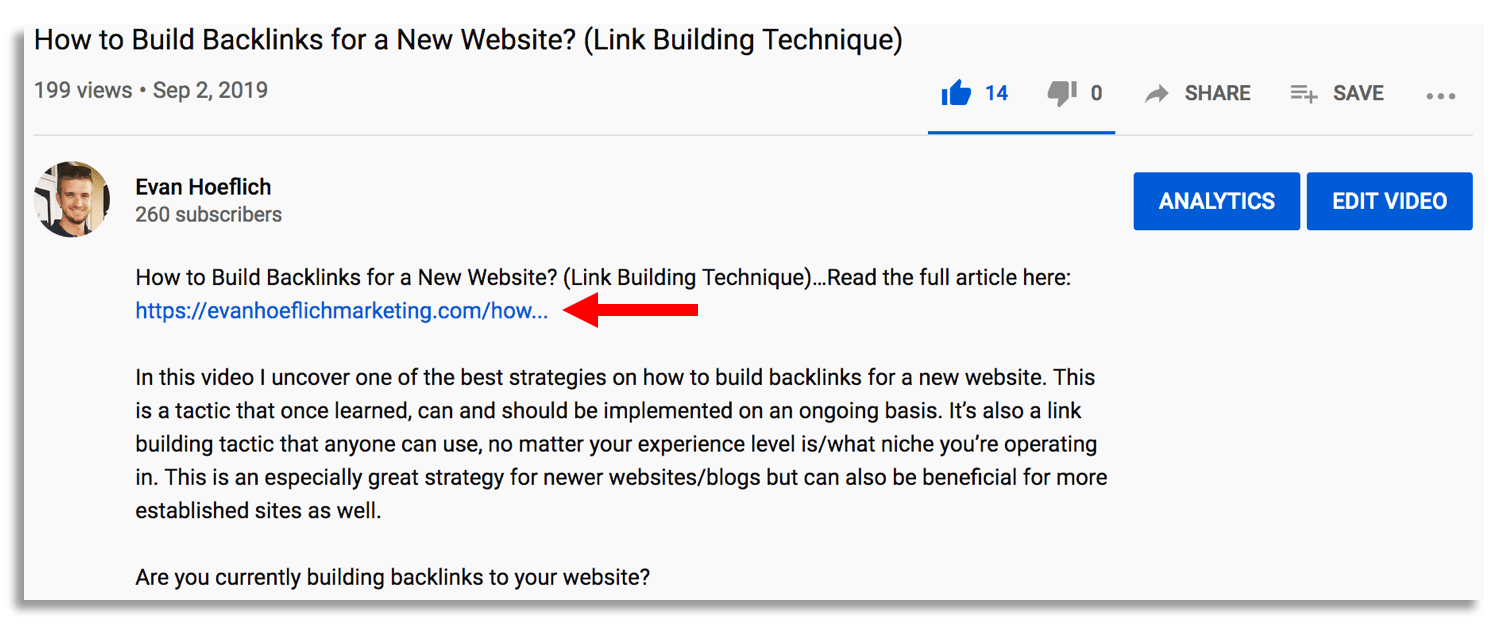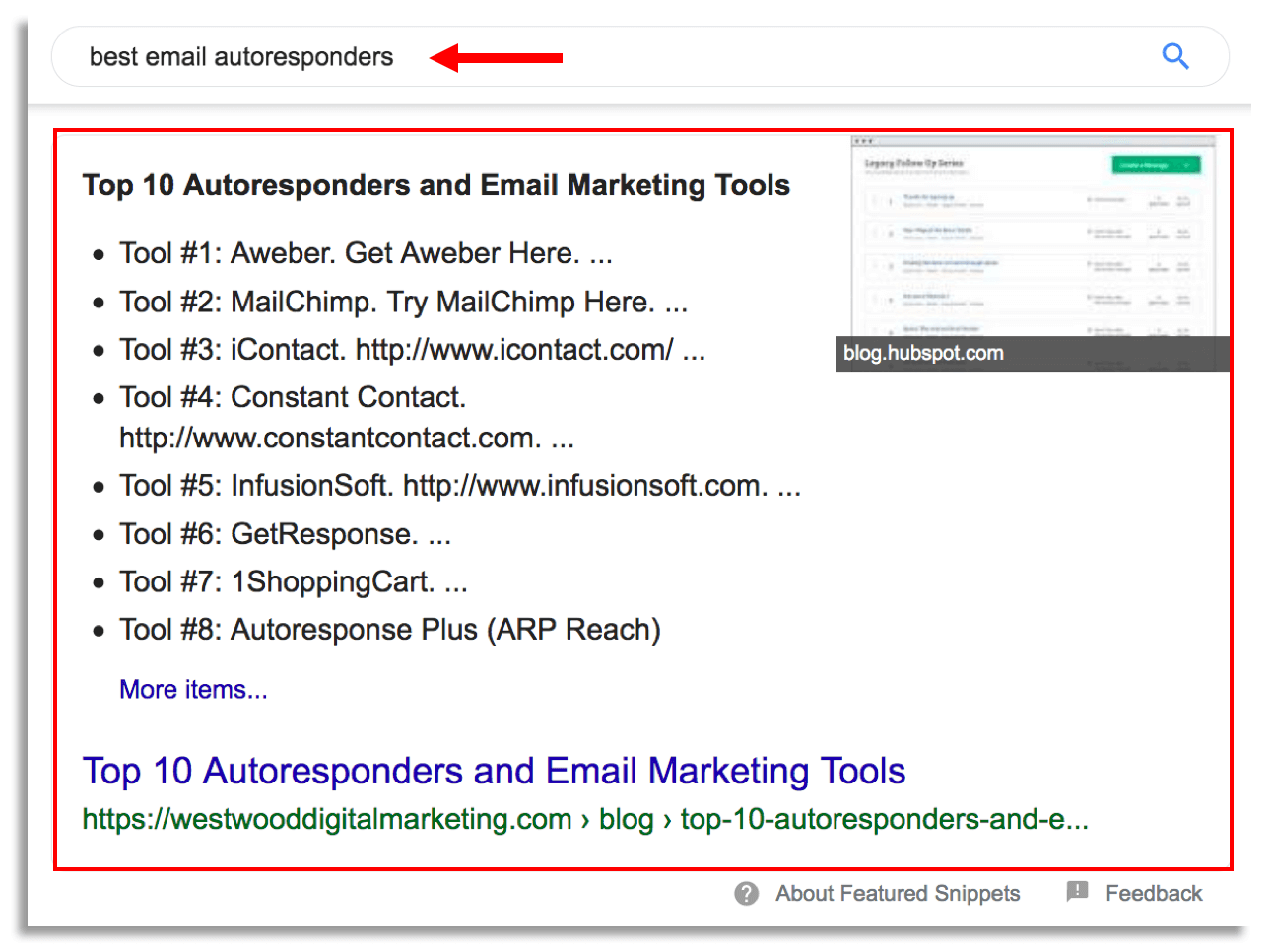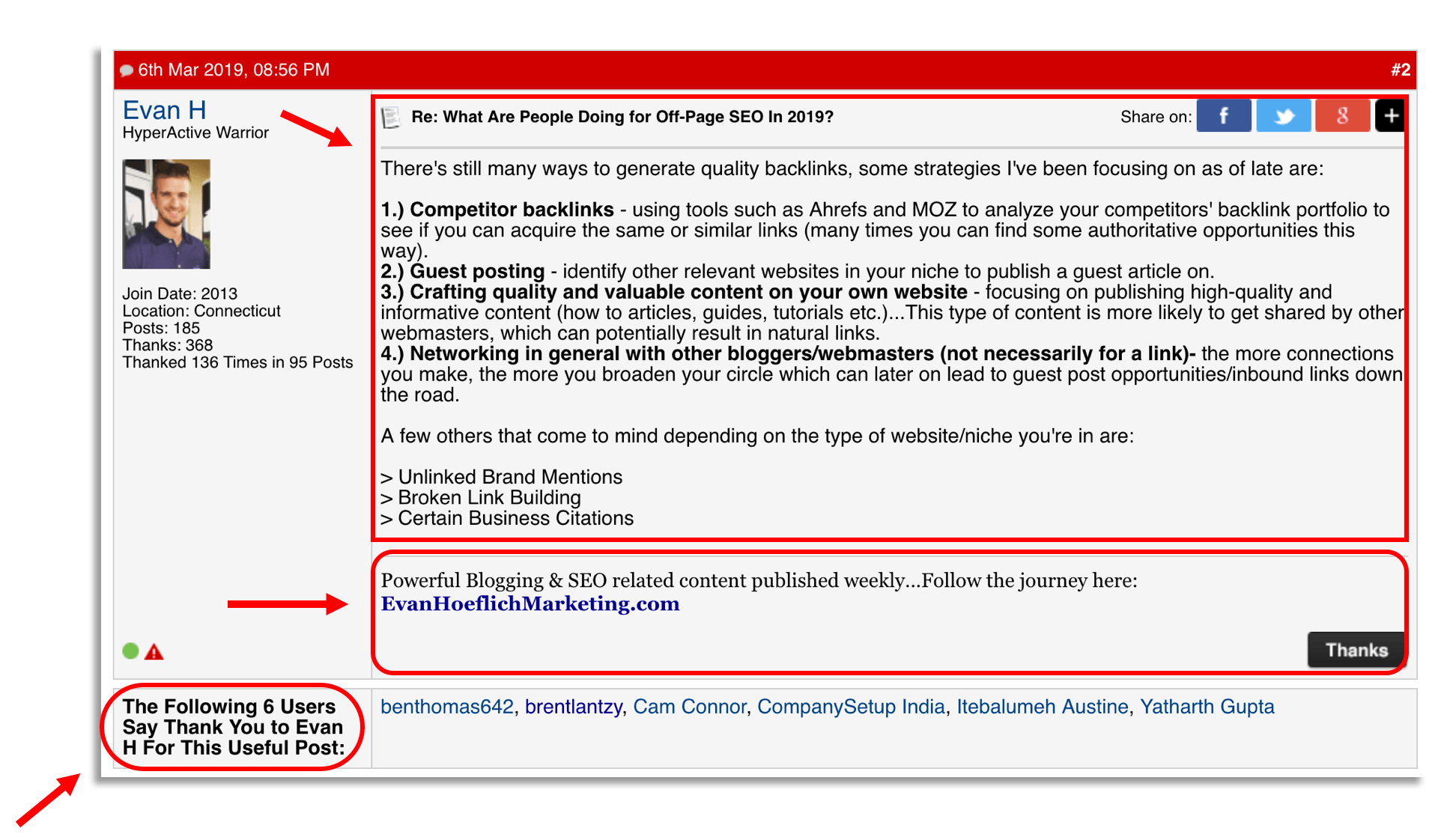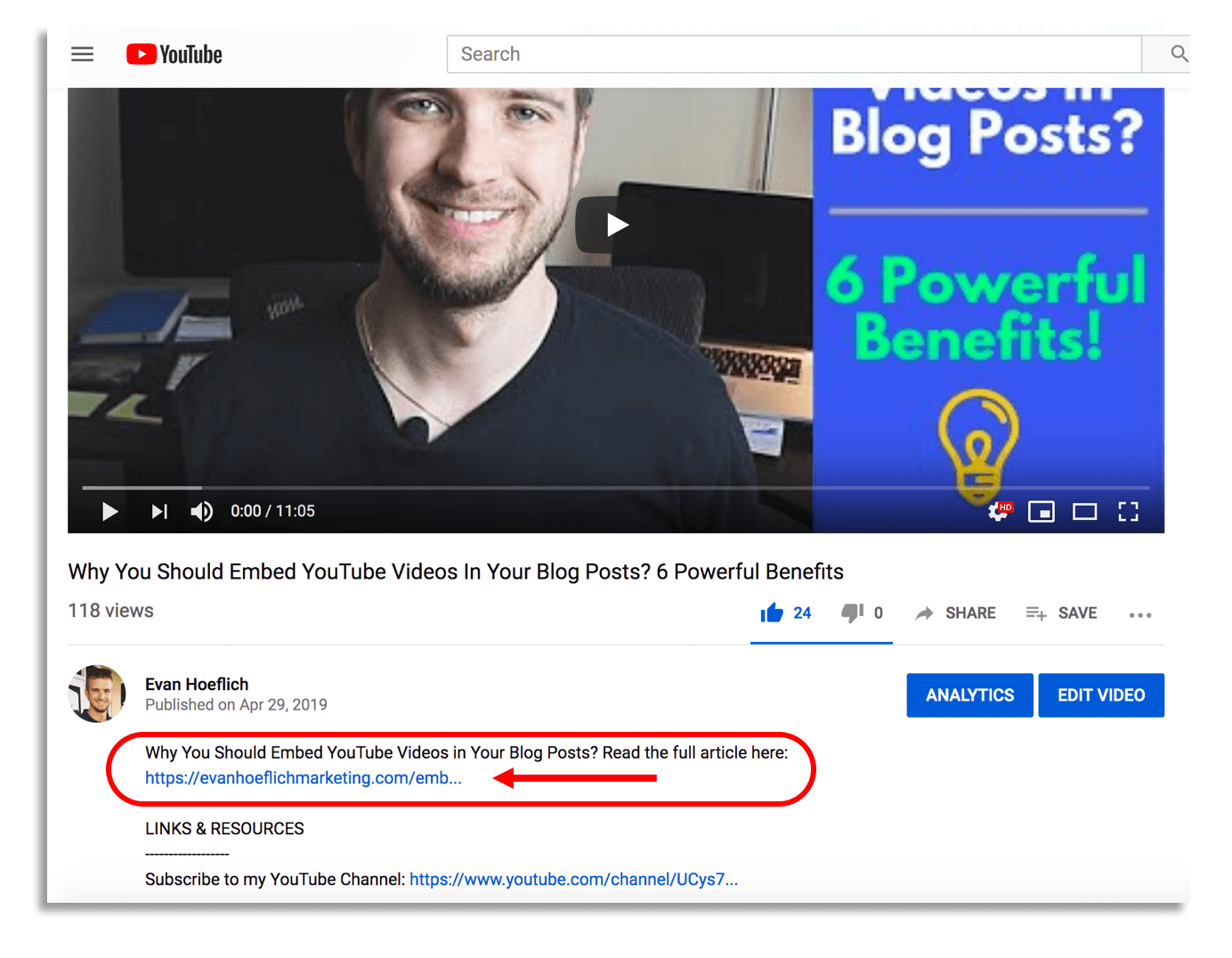How Long Should a Blog Post Be? What’s the Ideal Length?

How Long Should a Blog Post Be?
This is a question that comes up quite a bit so it’s definitely a topic worth exploring further.
The answer to this is that it depends.
Every blog is unique and there’s different variables to consider when deciding how long a blog post should be.
So with that being said, let’s dive into this in a bit more detail.
What Is Your Goal?
Before deciding how long your blog post should be, ask yourself what is the goal of this article?
- Do you want more comments?
- Do you want more social shares?
- Do you want to get ranked highly in the search engines and generate more organic traffic?
- Or is this a post that’s just meant to be helpful and informational for your readers (without any real goal or motive)?
Identifying your goal can give you a better idea of the length you should focus on when writing a blog post.
Do You Want More Comments?
Although shorter style posts may not be the best strategy from an SEO perspective, they can indeed be good for generating discussion and comments.
Once in a while it can be beneficial to weave in this type of short-form content into your overall strategy (as long as it’s quality content).
Anywhere from 100-400 words can be great for generating more comments.
Blogging Tip: Make sure you’re asking questions within these articles to spark conversation and interest.
Are You After More Social Shares?
There are many factors that influence the number of social shares a blog post gets including your topic, quality of content, visuals etc.
But it is also helpful to have an idea of how many words to shoot for to achieve more social engagement.
A medium length post anywhere from 500-1,000 words can work great for generating more social shares.
And since this is still a sufficient amount of content, you definitely give yourself a chance at ranking your articles in the search engines at this length.
Which brings me to my next point…
Do You Want to Generate More Organic Traffic from Google?
If your goal is to get your blog post ranked in Google, then the recommendation here would be to make your content long-form style and detailed.
For the best results, try to craft content that is 1,500 words or longer.
Google more than ever is looking for comprehensive and longer-form style content that covers a subject in it’s entirety.
These types of posts tend to rank really well in the search engines and especially because there’s more opportunity to add in relevant keywords, headings, questions & answers, bulleted/numbered lists, quality visuals and more.
SEO Tip: When you identify a keyword you’d like to target for your blog post, make sure to plug that phrase into Google and check out the competition on page #1. See how long the top ranking pages are and strive to craft a post that is not only a bit lengthier but also more detailed, helpful and in-depth. This will give you the best possible chance at outranking your competition.
Do You Want To Simply Share Something Informational/Helpful With Readers?
If this is the case, then the word count doesn’t necessarily matter all that much.
The goal of this type of blog post is to just share your knowledge and expertise with your readers.
You can freely write without being too heavily focused on word count.
Once in a while it’s very liberating as a blogger to not have to worry about how long a post should be.
I really enjoy mixing this type of content into my overall strategy. It helps prevent “blogger burnout” and keeps my content fresh.
It still would probably be the most beneficial to make these posts at least 500 words or longer, but don’t get too hung up on the word count here.
There’s Value in All Types of Blog Content
There truly is value in all types of content whether it’s short, medium or long-formed. In fact, I encourage you to mix it up within your own blow and monitor your results.
I would say that the majority of my content personally is medium to long-form and that’s because most of my articles I attempt to get ranked within Google.
Again, it comes down to what your goal is for a particular article.
The takeaway here is to not be afraid to experiment with all content types and that also goes for videos, infographics, podcasts and more.
Overtime, you will become more and more confident when determining how long a blog post should be.
So What Is The Ideal Length of a Blog Post?
To recap, here’s a snapshot of what we discussed to give you a better idea of how long your blogs posts should be:
- 100-400 words – Ideal for generating more comments and discussion. Keep in mind though that this will definitely not be the best option for SEO.
- 500-1,000 words – This is a good length for encouraging more social shares and also can still be long enough for ranking highly in Google. Additionally, this a good range to shoot for if you don’t necessarily have a specific goal or motive for your post (for example, if you simply just want to share something helpful with your readers).
- 1,500 words or longer – Long-form content of 1,500 words or longer is recommended for SEO and getting your articles ranked highly. Crafting in-depth, comprehensive and helpful content on a given subject will give you the best possible chance at ranking in Google.
Conclusion
My overall advice would be to first identify what your goal is when writing your blog content. This will help steer you in the right direction in terms of how long your blog posts should be. I would also not be afraid to mix it up and to publish content of all lengths. This will really give your blog some diversity and help keep it fresh to new and returning visitors. I hope this post was helpful and brings more clarification to this common question. Now it’s time for you to get out there and start writing!
How long do you generally make your blog posts?
How have your results been?









 Junie Rutkevich is an Internet Media Influencer and working part-time as an SEO Expert in
Junie Rutkevich is an Internet Media Influencer and working part-time as an SEO Expert in 









